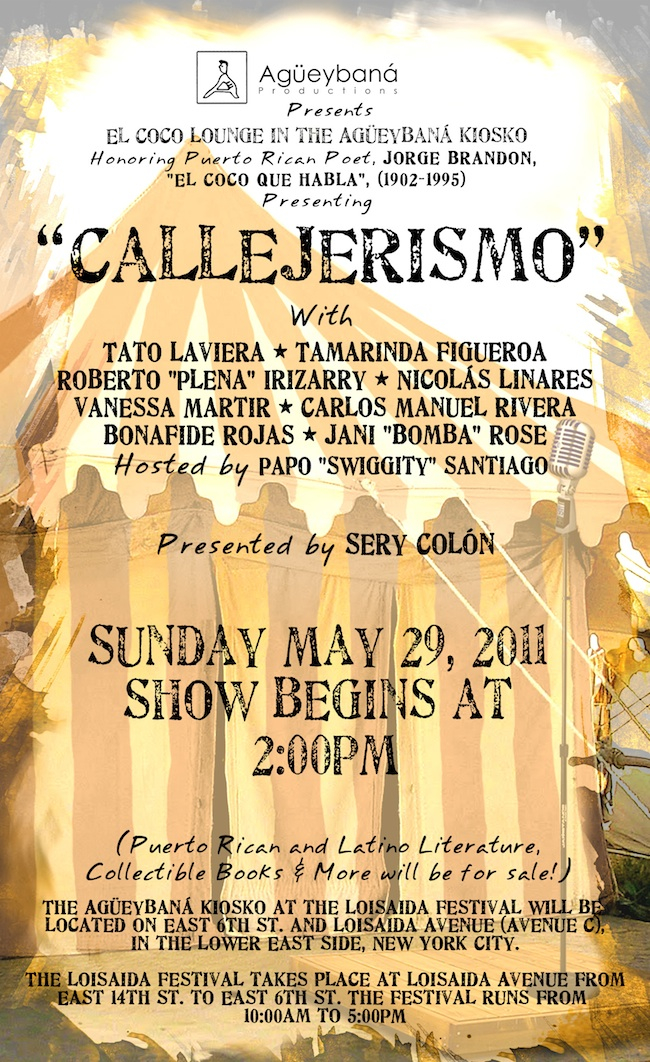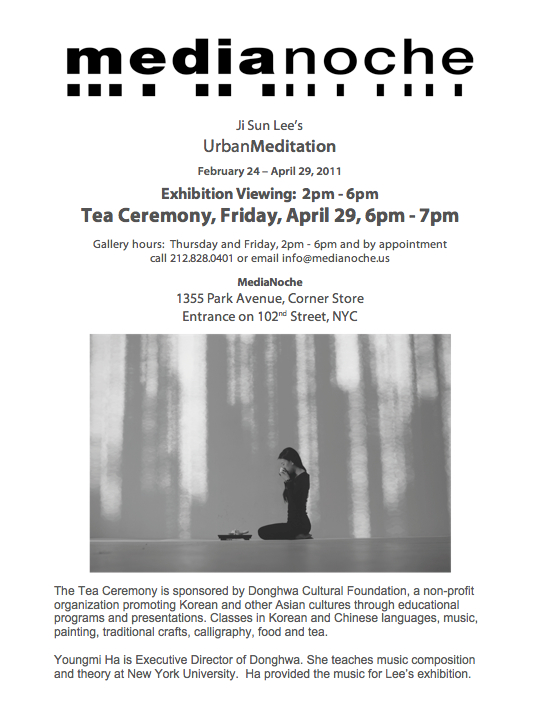By Geraldo Rivera
Fox News Latino (May 26, 2011)
Everyone who has ever watched the telecast of a Puerto Rican Day parade or, better, participated in one, knows we have an exuberant, joyful way of showing off Puerto Rican pride.
This is not to suggest that those rooted in Ireland, Italy, Israel or other nations are shirkers when it comes to celebrating their heritage.
But in this veteran observer’s admittedly chauvinistic opinion, none match the unfettered ebullience of ‘Orgullo Boricua.’ And that pulsing, effervescent Puerto Rican pride will be on vivid display in June when Barack Obama becomes the first president to make an official visit to the Commonwealth since John F. Kennedy stopped by in December 1961.
That JFK visit 50 years ago was a sensation. The young and gracious 35th president was the first Catholic in the Oval Office. And the then mostly Catholic island fell in love and didn’t hesitate to express that unbounded affection when the president stepped off the plane at San Juan Airport.
In those days, Latin America was a Cold War battlefield. The disastrous CIA-sponsored Bay of Pigs invasion of neighboring Cuba had failed to oust Fidel Castro just a few months before; the Cuban missile crisis was a few months in the future; and Puerto Rico bristled with important military bases to protect the Panama Canal against Soviet encroachment.
To cement the strategic dominance of the U.S. in Latin America, JFK was working hand in hand with legendary governor Luis Muñoz MarÃn to sell his Alliance for Progress – an initiative that gave aid to countries that joined in the fight against communism – to the region.
Puerto Rico no longer has either the military bases or the strategic importance it did during those turbulent times. The canal no longer belongs to us, relations with Cuba are gradually thawing, and bases like Roosevelt Roads and the island of Vieques are gone.
Puerto Rico is a strategic backwater now. It does, however, retain something of great value to a president seeking re-election.
Although the island’s four million residents are citizens, they cannot vote in U.S. elections. But there are another four million Puerto Rican stateside residents who can. About 725,000 of them now live in the key election battleground of Florida, and President Obama needs those voters if he is to retain the Sunshine State in 2012.
“With his visit, the president makes good on the promise he made during the presidential primaries in 2008 that he would return to Puerto Rico as president,” said the island’s Republican governor Luis Fortuño in the statement announcing the official visit slated for June. “Since the beginning of my administration, we have been working in close collaboration with the president and his administration to make this historic visit a reality.”
I have no doubt that the reception the president will receive will be far better than candidate Obama got during the 2008 Democratic primary in Puerto Rico, when he was soundly beaten by Hillary Clinton, a fact diplomatically unmentioned in the governor’s statement.
And if you think the rousing Irish welcome Mr. Obama received when he drank that pint of Guinness was impressive, wait until he dons a guayabera, eats arroz con pollo, washes it down with a splash of Puerto Rican rum, and salsas with the first lady.
He’ll have Florida in the bag.
Geraldo Rivera is Senior Columnist for Fox News Latino.

